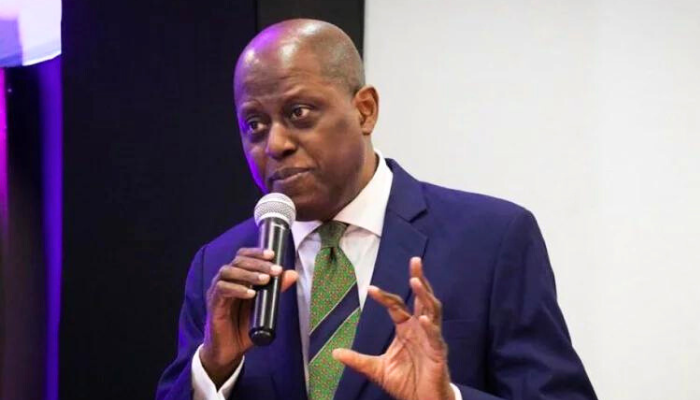For the first time since the COVID-19 pandemic in 2020, Nigeria’s Central Bank has cut its benchmark interest rate, lowering the Monetary Policy Rate (MPR) to 27% from 27.50%.
The decision, taken at the 302nd Monetary Policy Committee (MPC) meeting, reflects easing inflationary pressures and a stronger naira which policymakers say creates space to support economic growth.
Headline inflation slowed for the fifth consecutive month to 20.12% in August, from 21.88% in July. Food and core inflation also eased, helped by exchange rate stability, increased oil output, and moderating petrol prices.
Foreign reserves climbed to US$43.05 billion in mid-September, up sharply from US$14.51 billion in July, boosting confidence in the naira, which has appreciated steadily in recent weeks.
“The consistent moderation in inflation and stability in the FX market have provided the headroom for policy adjustment,” CBN Governor Yemi Cardoso said in Abuja.
Analysts say the rate cut signals the end of a two-year tightening cycle under Cardoso, who raised rates aggressively after taking office in 2023. It also marks a shift toward growth-supportive policy as Nigeria’s economy expanded 4.23% in Q2 2025, driven by a rebound in the oil sector.
Still, excess liquidity from higher government revenues could pressure prices, and policymakers caution that vigilance will be needed to sustain the gains.
Get passive updates on African tech & startups
View and choose the stories to interact with on our WhatsApp Channel
Explore




